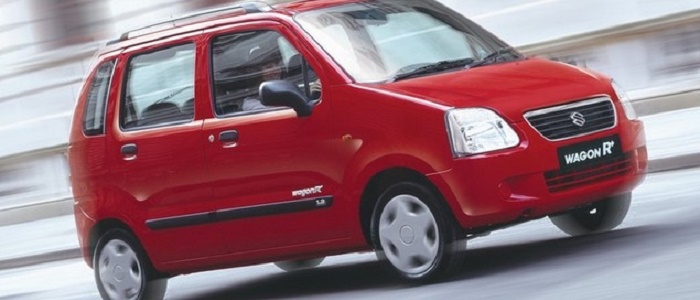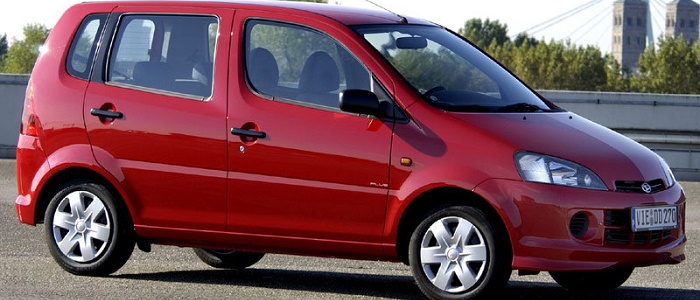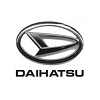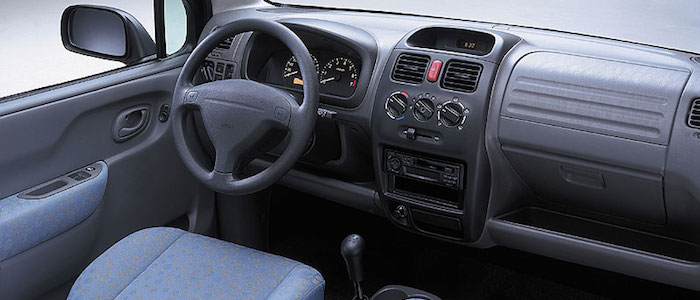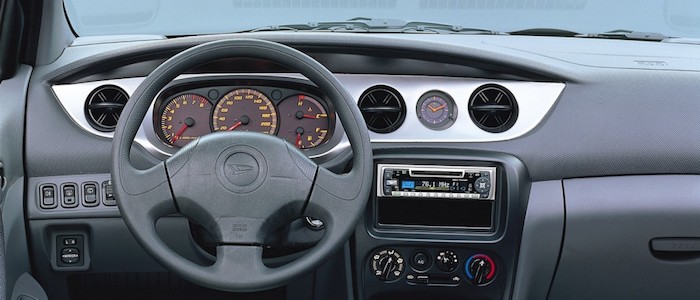Compare two cars
Compare any two cars and get our Virtual Adviser™ opinion
Dimensons & Outlines
Engine
Performance (manual gearbox)
Performance (automatic gearbox)
Expenses
Virtual Adviser's™ opinion
Two significantly similar cars, no doubt about that. Still, each one has something different to offer. Having both cars powered by petrol engines and utilizing the 5-door MPV body style within the same 'MPV' segment, the only major difference here really is their wheel drive configuration (4 x 4 for the Suzuki and front in the case of the Daihatsu). The first one has a Suzuki-engineered powertrain under the hood, a 4-cylinder, 16-valves 76hp unit, while the other one gets its power and torque from a 4-cylinder, 16-valves 87hp engine designed by Daihatsu.
SafetyUnfortunatelly, neither of the two vehicles was submitted to the European New Car Assessment Programme (Euro NCAP) testing. This makes it virtually impossible for me to pick one over the other and I'm generally against buying such cars as the safety should really always come first. That aside, let's consider some other aspects which affect safety. Both vehicles belong to the mpv segment, which is generally a good thing safety-wise, still it doesn't help us solve our dilemma, does it? Furthermore, when it comes to weight, a factor that most people underestimate, Wagon R offers a considerable difference of 23% more metal.
ReliabilityManufacturers have been building their reliability reputation for decades now and, generally speaking, it appears that both brands display similar results in faults and breakdowns, all the models observed together. These are the results of an independent reasearch, while our visitors describe reliability of Suzuki with an average rating of 4.6, and models under the Daihatsu badge with 4.2 out of 5. Some independent research have also placed Wagon R as average reliability-wise, and YRV is more or less at the same level.Above it all, drivers of cars with the same engine as Wagon R rank it on average as 5.0, while the one under the competitor's bonnet gets 4.5 out of 5.
Performance & Fuel economyDaihatsu is way more agile, reaching 100km/h in 3.2 seconds less than its competitor. In addition to that it accelerates all the way to 176 kilometers per hour, 31km/h more than the other car. When it comes to fuel economy the winner has to be YRV, averaging around 6 liters of fuel per 100 kilometers (47 mpg), in combined cycle. We can't ignore that 20% difference compared to Wagon R.
Verdict
Suzuki appears just a bit more reliable, although the difference is truly marginal. The most important thing when deciding between any two vehicles should always be safety, both passive and active. In my opinion, everything taken into account, Wagon R offers significantly better overall protection, taking the lead here. From there things take a different direction, with Daihatsu outracing its opponent in any situation possible, making it better choice for boy racers. To make things even better, it consumps less fuel! All together, there's not much more to say, in this case I wouldn't even consider anything but Daihatsu. In any case that's my personal view, built upon all the data available to me. What should decide here though is the way you feel about the two vehicles, and I hope you'll find my guidelines useful in the process. Also, you could use the oportunity to find out which car, everything taken into account, would be the perfect choice for you in the eyes of the virtual adviser™, among more than 12.000 different ones in our database.























